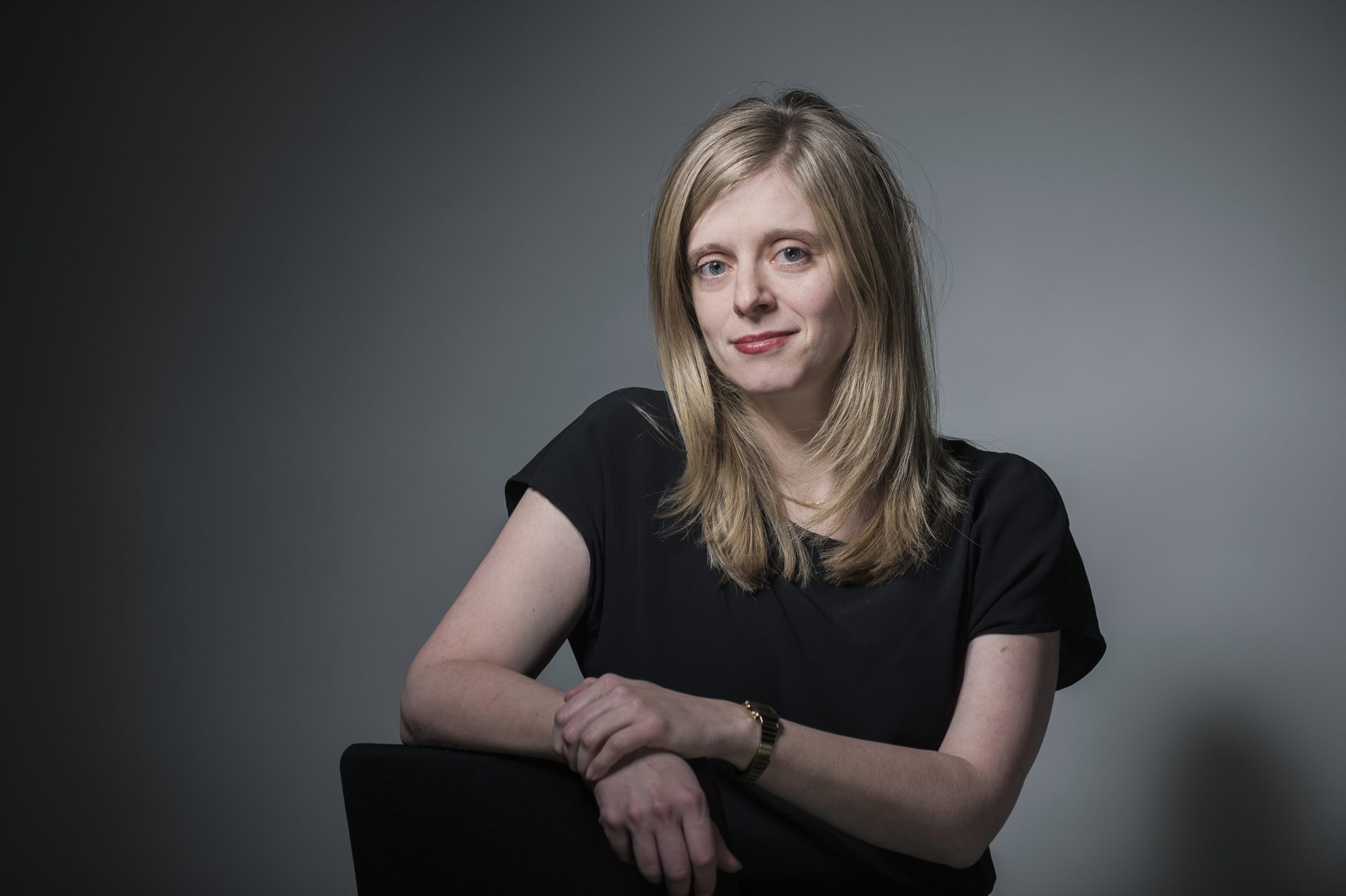
We perceive our time as a period brimming with innovation, but this sentiment is not a prerogative of 21st-century humankind. Whoever is of advanced age today has witnessed the spread and popularization of the passenger car, radio, television, cell phone and the Internet in the course of his or her life. To use a platitude, the world is always in a state of change. Obviously, we have no other option but to live based on the present and on our own experience. ‘Life can only be understood backwards, but it must be lived forwards,’ the Danish philosopher Søren Kierkegaard argued.
Moral responsibility
Many technologies that are considered normal or even obsolete by us were once cause for concern. For example, the advent of the radio caused a stir in Catholic Flanders. The radio was the first medium with a button on it that did not allow you to predict what you would hear when you turned it on. There was a fear that the living room would be inundated with blasphemous messages. The Flemish father (with a religious and sexist undertone) was called upon to operate the radio with prudence. He had to shoulder this moral responsibility towards his wife and children, who were not allowed to touch the radio dial under any circumstances.
In 1931, the following advice appeared in the newspaper De Standaard for Flemish family fathers: ‘They must never forget that they are the guardians of their children and of all those who live with them and are entrusted to their care. They should also take care that their religious and moral life is not harmed by the radio, but that it benefits them.’
Established rituals
Other technologies, on the other hand, were not so much a cause of concern as of complaints and moaning. The Flemish poet and journalist Herman de Coninck, for example, thought that the word processor was destroying his established rituals: ‘There is also nothing so gratifying as crumpling up an unsuccessful draft of a poem and throwing it in the wastepaper bin, but even that is not possible with a word processor. Progress cancels out a lot of rituals.’
I myself do not write poetry, but I still write with pen on paper every day. Like to-do lists. The pleasure of maniacally crossing out finished tasks or tearing up the paper when the tasks are done – no Word document or digital notepad can compete with that. And that is precisely why I keep this small, analog ritual alive.
About this column
In a weekly column, alternately written by Eveline van Zeeland, Eugene Franken, Helen Kardan, Katleen Gabriels, Carina Weijma, Bernd Maier-Leppla and Colinda de Beer, Innovation Origins tries to find out what the future will look like. These columnists, occasionally supplemented by guest bloggers, are all working on solutions in their own way on the problems of our time. So that tomorrow will be good. Here are all the previous articles.

